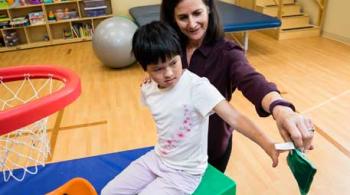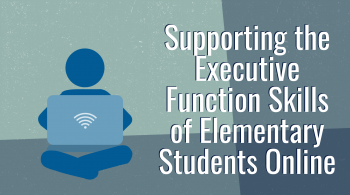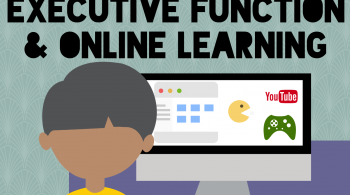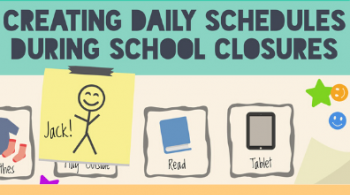12/20/16
 By Lisa Carey, M.A., Education Consultant, Center for Innovation and Leadership in Special Education at Kennedy Krieger Institute, and Kristie Sweeney, M.S., Psychology Associate II Kennedy Krieger Institute Concussion Clinic.
By Lisa Carey, M.A., Education Consultant, Center for Innovation and Leadership in Special Education at Kennedy Krieger Institute, and Kristie Sweeney, M.S., Psychology Associate II Kennedy Krieger Institute Concussion Clinic.
If you’ve been following the Linking Research to Classrooms blog, you’ve already learned that concussion is a mild form of traumatic brain injury and that schools and educators play an important role in aiding student recovery from concussion. From providing temporary accommodations to acting as a supportive adult figure for struggling students, teachers need to know about concussion in order to better serve our students.
Want to know more about how concussion impacts the students you teach? We’ve rounded up some free digital resources to help you learn how best to meet the needs of the students you serve.
- The Center for Disease Control and Prevention is a great resource for learning more about the basics of brain injury. This includes information about what happens to the brain in a concussion, the warning signs of concussion, and tips for returning to school after sustaining a concussion. The site also offers information about more significant traumatic brain injuries.
- The Center for Disease Control and Prevention also offers the Heads Up App. Designed to help answer questions about concussion prevention, this app features information about proper helmet fit and use and mild brain injury basics.
- The Brain Injury Association of Michigan offers a free e-library that includes back-to-school checklists and brain injury recovery information.
The transition back to school after a concussion can be difficult. Students can continue to experience symptoms long after the initial injury. As a teacher, being knowledgeable about the impact concussion recovery can have on a student’s functioning and learning can help reduce anxiety and help a student move forward in healing while avoiding staling in learning. We hope these resources help you meet the needs of our students.















